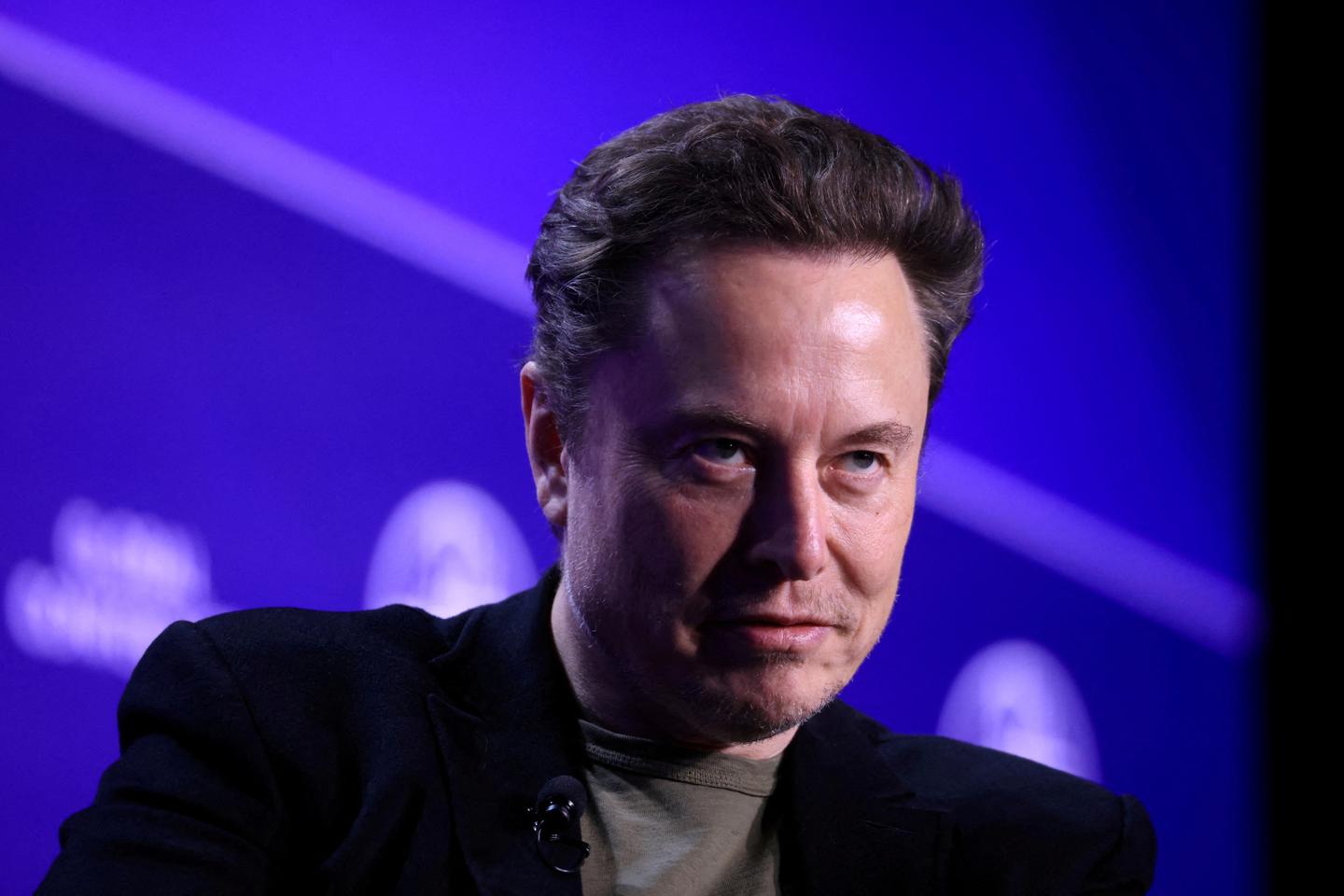


It's an argument that we heard over and over again on Sunday, August 25, from Moscow to San Francisco: The arrest of the CEO of the Telegram messaging service the previous evening by French police is an attack on freedom of expression. "Pavel Durov sits in a French jail tonight, a living warning to any platform owner who refuses to censor the truth at the behest of governments and intel agencies," asserted far-right American presenter Tucker Carlson; a "very convincing" advertisement for the US Constitution's First Amendment (which guarantees a very broad right to free speech), rebuked Elon Musk, owner of X and supporter of Donald Trump.
In response, several Russian officials and politicians described the arrest as "political," in the words of Vladislav Davankov, vice president of the State Duma. Almost comical accusations. In their statements of support, the Kremlin and Russian politicians seemed to forget that it was Russia that first tried to block Telegram − unsuccessfully − in 2018 and that it was people close to the Kremlin who got their hands on the VKontakte empire, created by the Durov brothers, in 2014. On Sunday, a handful of peaceful demonstrators protesting outside the French embassy in Moscow in support of Durov were arrested for taking part in an illegal demonstration.
Above all, many of the criticisms leveled at France after Durov's arrest are, whether in good or bad faith, aimed at the wrong target. Contrary to Tucker Carlson's claims, the Telegram CEO was not arrested for refusing to "censor" political opinions. The French investigation does not concern "opinion crimes," but quite standard offenses, including the dissemination of child pornography. As in any democracy, Durov is presumed innocent and will have the opportunity to defend himself in a public trial, should he be indicted.
American billionaires suddenly worried
It's not all that surprising that Russia − a country where the mere exercise of journalism can lead to arrest − should seek to instrumentalize the situation in a skillful display of accusatory inversion. What is perhaps a little more so is the fact that the country finds itself aligned with some of Silicon Valley's wealthiest investors and entrepreneurs. Apart from Elon Musk − who considers European free speech laws to be "censorship" and seeks as much freedom from them as possible − leading investors such as Shaun Maguire and Paul Graham, both supporters of Donald Trump, have criticized Durov's arrest.
Taking up an idea popular in Silicon Valley, which itself echoes the argument developed by the gun lobby, Maguire and Graham think that platforms cannot be held responsible for the actions of their users. Should Vint Cerf and Bob Kahn, two of the main inventors of the internet, have been arrested in 1994 because their creation facilitated the work of drug dealers, asks Maguire? Here again, the reasoning is fallacious: Telegram is not a technology, but a private platform, with its own rules and responsibilities.
You have 21.62% of this article left to read. The rest is for subscribers only.
